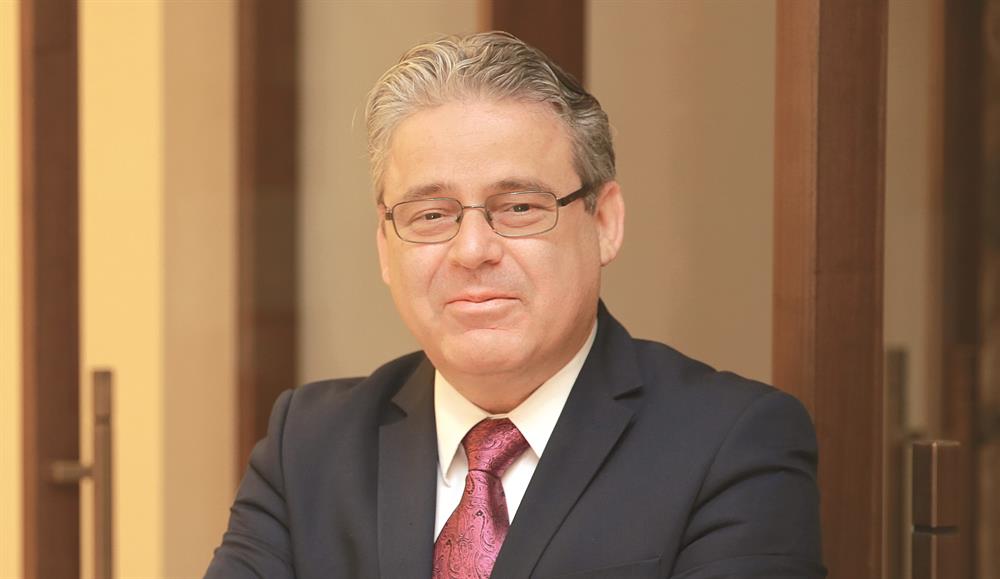Despite the expressed hope of many world leaders that the political uprisings in the Middle East and North Africa in 2011 would lead to greater freedoms and fewer religious restrictions for the people of the region, research suggests that the region’s already high level of restrictions on religion have continued to increase in recent years. A recent report titled Arab Spring Adds to Global Restrictions on Religion, produced by the Pew Research Center’s Forum on Religion and Public Life, is the fourth annual report in a series that measures and analyzes government restrictions on, and social hostilities toward, religion.
Focusing on 2011, the report found that while government restrictions on religion in the Middle East and North Africa region remained high, social hostilities markedly increased. For instance, the number of countries in the region experiencing sectarian or communal violence between religious groups doubled from five to ten. We can assume that next year’s Pew Report will not present a fundamentally different conclusion as the turmoil in the region continued throughout 2012.
Looking for Signs of Progress
While the overall picture painted by the report (pdf) is one of increasing restrictions and social hostilities, I was particularly interested to read examples of governments and societies around the world attempting to address the rising tide of restrictions through a variety of initiatives and actions, from encouraging interfaith dialogue to modifying laws and policies. Specifically, I tried to identify any positive news or good practices displayed by member states of the Organization of Islamic Cooperation (OIC), which were highlighted in the Pew Center’s analysis.
According to the report, “efforts to combat or redress religious discrimination and increase tolerance were reported in a total of 76 countries in 2011.” Policy changes were one tool used to decrease religious restrictions, such as official recognition of previously unrecognized religious groups. Two examples of this were the official registration of the Roman Catholic Church by the government of Azerbaijan in July 2011 and the Albanian government’s recognition of Judaism as an official religion in September 2011. Other initiatives sought to prevent violence against religious minorities by increasing security deployments, as was the case with the government of Bangladesh ensuring the peaceful celebration of Hindu, Christian and Buddhist festivals in 2011.
Interfaith dialogue was another vehicle utilized in addressing religious restrictions and social hostilities towards religious groups. The signing of an agreement between the governments of Saudi Arabia, Austria and Spain to establish the King Abdullah International Centre for Interreligious and Intercultural Dialogue (KAICIID) in Vienna, Austria, provides an example of inter-state cooperation to improve interreligious and intercultural tolerance.
The report states that “in addition to interfaith dialogue, other educational and training initiatives to increase religious tolerance and decrease religious tensions occurred in a total of 39 countries in 2011.” In some cases, educational projects focused on groups that were considered likely to be influenced by extremism, as was the case in Uganda where police outreach to Muslim youth increased following the 2010 terrorist attacks. Other initiatives, such as the sponsorship of 10 Omani students to participate in a religious pluralism program at Cambridge University, focused on building tolerance through higher education.
I was happy to see the first workshop of the OIC co-sponsored Istanbul Process referenced as an example of training initiatives involving multiple countries. The event, which focused on “training government officials in effective outreach to religious communities,” drew representatives from 26 governments and four international organizations to Washington D.C. at the invitation of U.S. Secretary of State Hillary Clinton. The Istanbul Process was initiated by OIC Secretary General Ihsanoglu and Secretary Clinton in July 2011 following the consensual adoption of the OIC sponsored Resolution 16/18 by the UN Human Rights Council in March 2011. The resolution was a landmark development in bringing an end to the controversy and divide over the concept of defamation of religion at the intergovernmental level.
On a personal note, as a Turkish citizen I was pleased by the Turkish government’s decision in August 2011, allowing for the compensation or return of properties to non-Muslim communities whose land had been confiscated by the state in 1936. This development was indicative of the governmental and societal interventions in 2011 in “a total of 29 countries on behalf of religious groups that previously had experienced problems acquiring land or obtaining building permits.” In this regard, another example was the Kuwaiti government’s decision to allocate land for the Coptic Orthodox Church to build a place of worship to accommodate its members in the country.
Coordinating Role of the OIC in Promoting Religious Tolerance
Despite these examples of positive progress in promoting religious tolerance, the question remains whether the 57 OIC member states will be able to counter the trend of increasing restrictions on religion and social hostilities toward religion in the coming years.
In a commitment to furthering necessary progress, the OIC should take on an even greater role in coordinating the efforts of the member states. Under the coordination of the OIC General Secretariat and the newly established OIC Independent Permanent Human Rights Commission (IPHRC,) a dialogue should be initiated encouraging OIC member states to voluntarily exchange information on their interfaith efforts and protections for religious freedom. This collaboration would be instrumental in highlighting the good practices of many OIC member states on the international stage and setting standards of best practice for those countries that are still developing their efforts on these issues.
While negative perceptions and discriminatory practices targeting Muslim communities in some Western countries are increasing at alarming levels, open dialogue on this scale will preempt the perception that OIC member states focus only on Muslim communities in the West. Rather, it will serve to further interfaith dialogue focused on the protection of all faiths and beliefs. It is only through the translation of transparent and inclusive dialogue into governmental and social action that we can we begin to address and combat the trend of increasing restrictions on religion in order to protect the religious freedoms of future generations.

